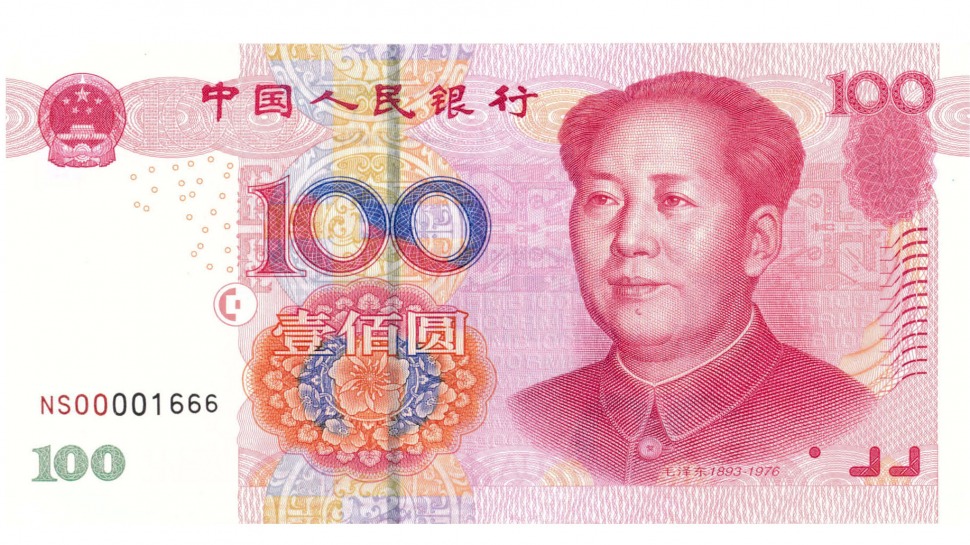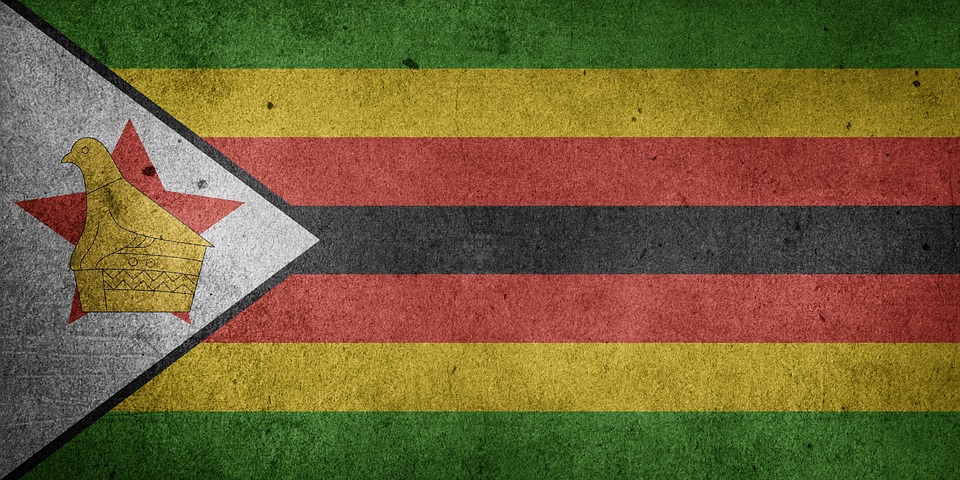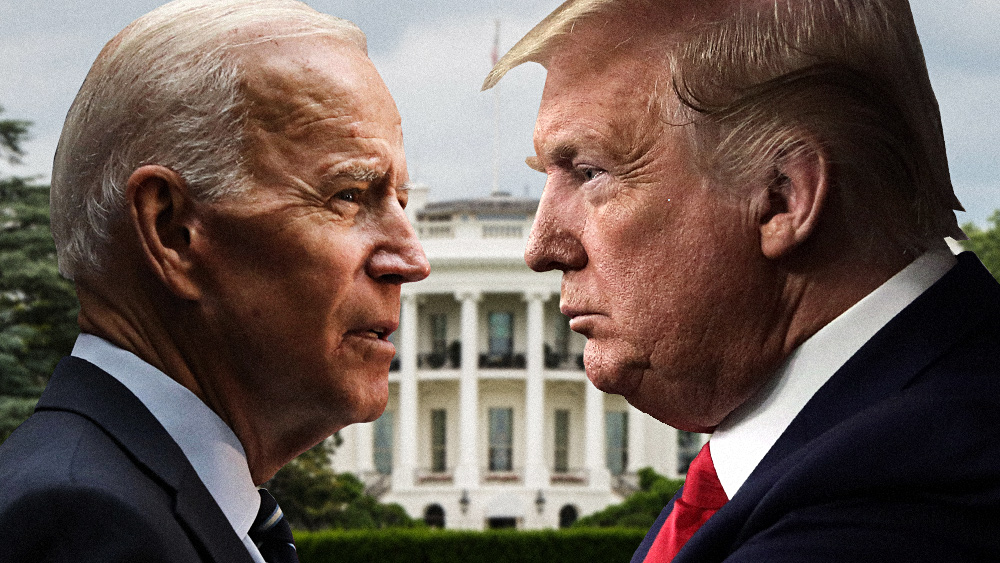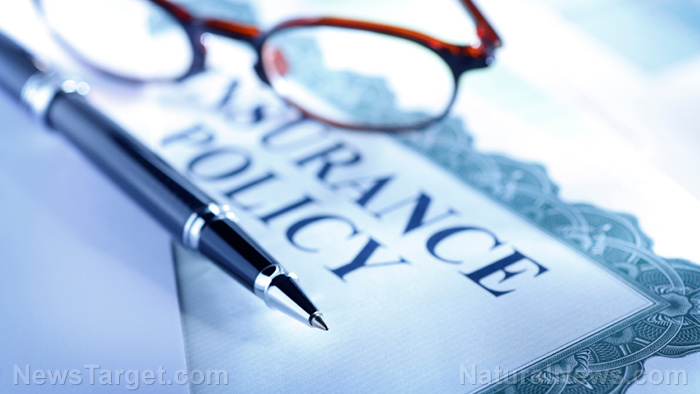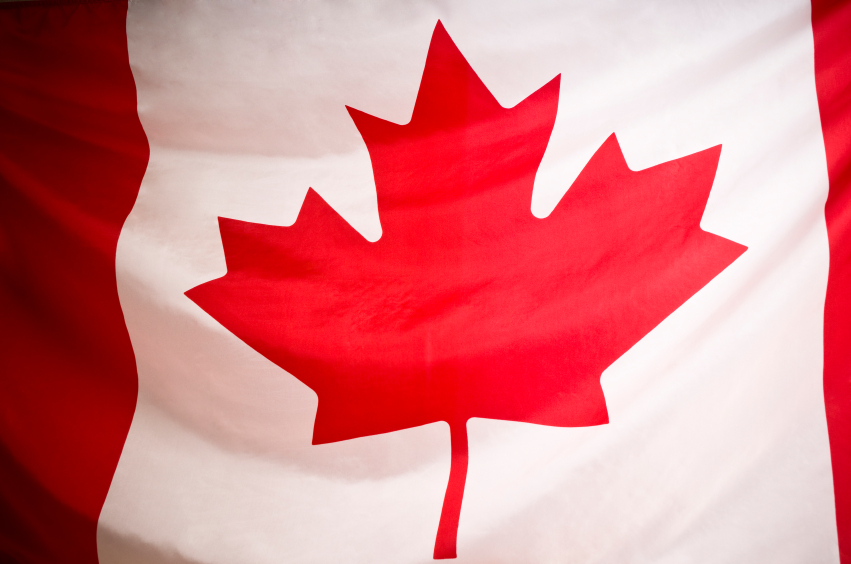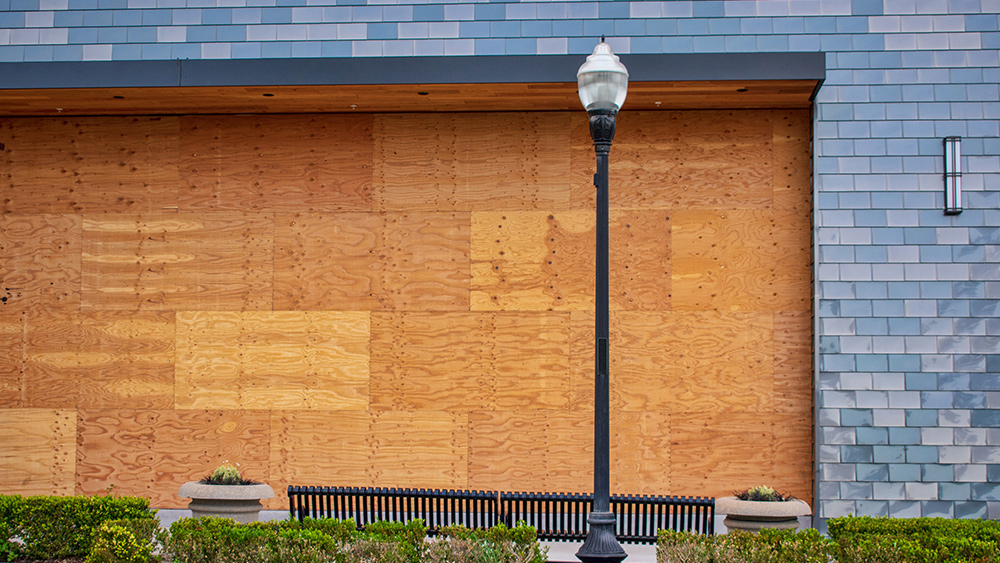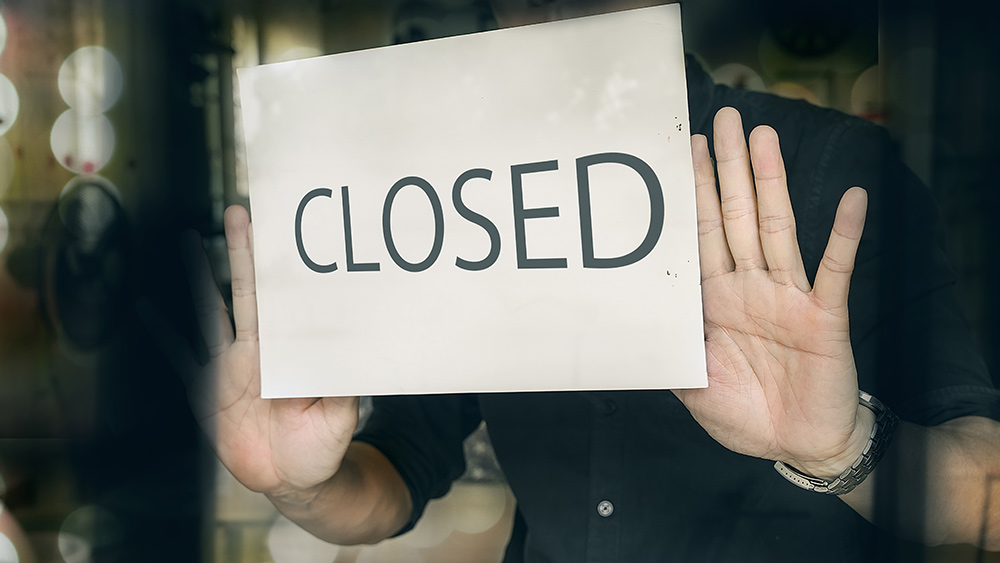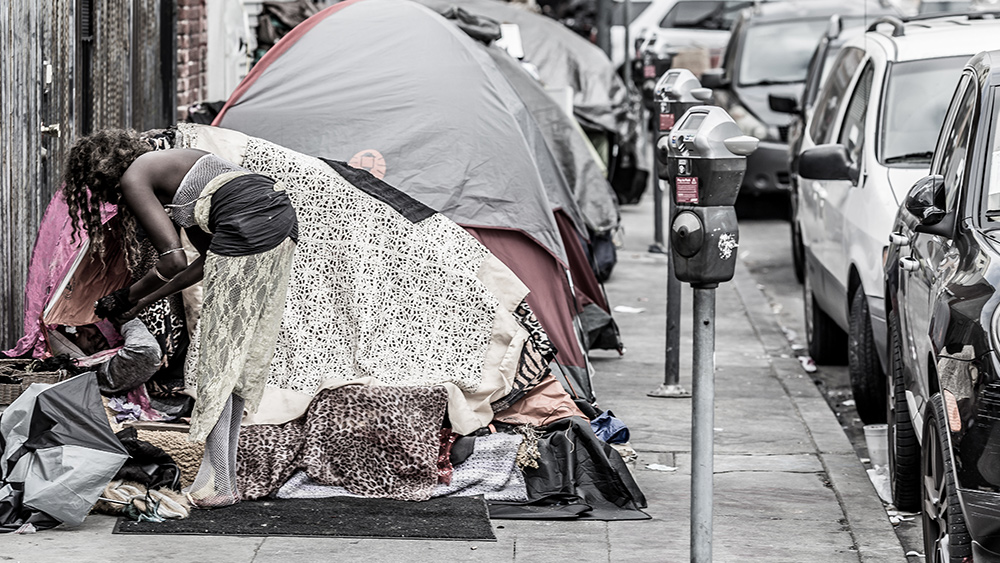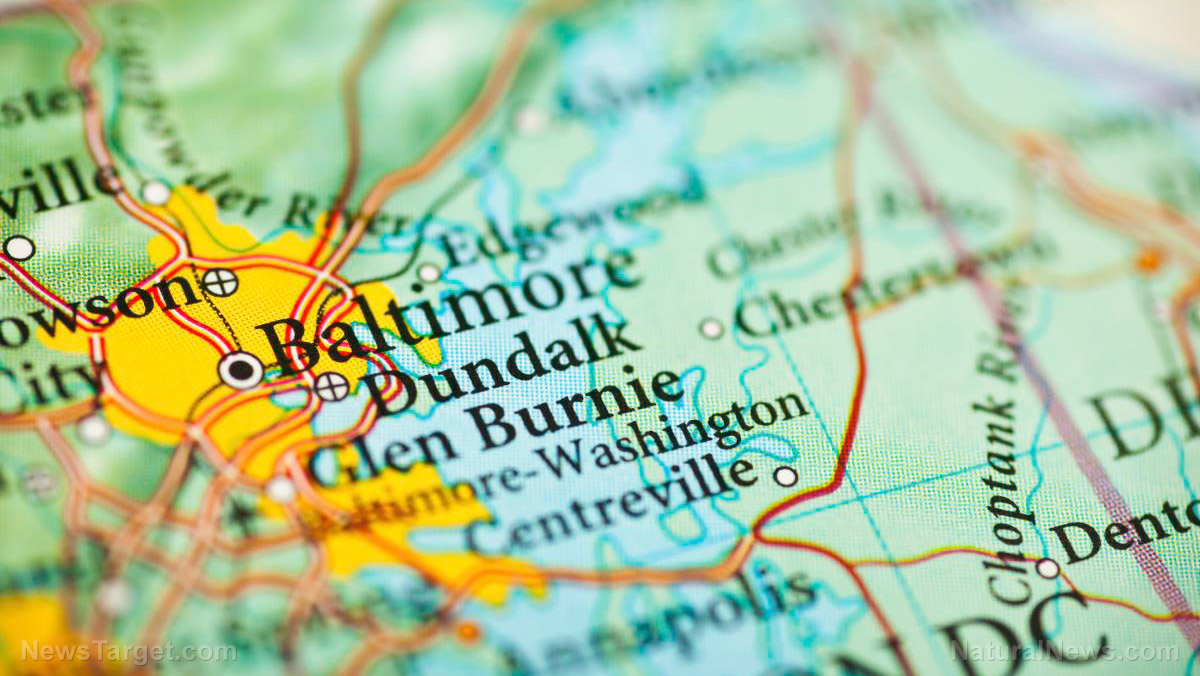Uber agrees to pay $178M to settle lawsuit with over 8,000 taxi drivers in Australia after a 5-year legal battle
03/20/2024 / By Laura Harris
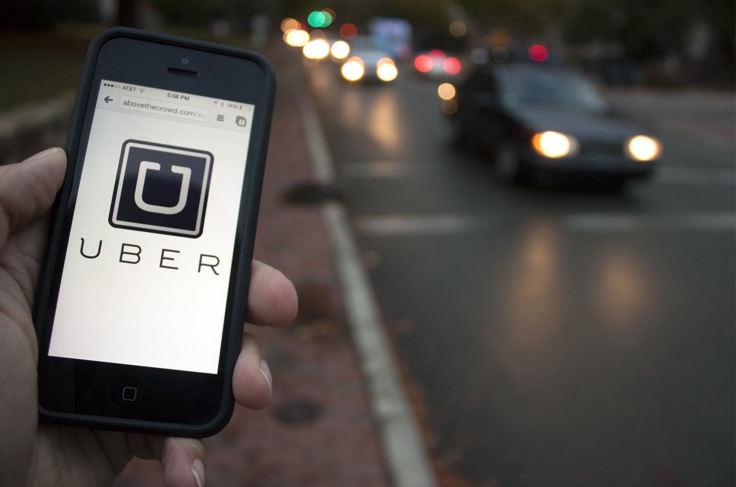
After a five-year legal battle with over 8,000 Australian taxi drivers, tech and rideshare firm Uber has finally agreed to pay them AU$272 million ($178 million) to cover all of their financial losses since the ridesharing giant began its unlicensed operations in the country.
In 2019, thousands of taxi and car-hire drivers, operators and license owners from Victoria, New South Wales (NSW), Queensland and Western Australia filed a case against Uber at the Victorian Supreme Court for allegedly launching cheaper and more convenient services but illegal operations in Australia. (Related: Uber Eats to deploy an additional 2,000 delivery robots, putting more jobs in peril.)
Elizabeth O’Shea, a senior associate at Maurice Blackburn Lawyers, stated at that time that the taxi industry suffered substantial losses, like lost income and decreased license value, due to the unfair competitive advantage of Uber over compliant taxi and hire-car industry participants. Back then, Uber contested the allegations and has been consistently denying them until today.
“[Uber has] fought tooth and nail at every point along the way, every day, for the five years this has been on foot, trying at every turn to deny our group members any form of remedy or compensation for their losses. But on the courtroom steps and after years of refusing to do the right thing by those we say they harmed, Uber has blinked, and thousands of everyday Australians joined together to stare down a global giant,” said Michael Donelly, a principal lawyer at Maurice Blackburn Lawyers.
The case is set to run until May 17, but Uber has agreed to settle earlier than expected.
“We are extremely proud that thousands of people put their faith in us and Nick Andrianakis and allowed us to do what we do best—holding to account major organizations that we say inflicted mass wrongs on people. A $271.8 million sum will finally put real money back into the accounts of people who have been devastated,” said Donnelly.
Uber has faced multiple legal battles in Australia since 2015
The legal battle against Uber in Australia has been multifaceted over the years.
Three years after Uber began operating in Sydney in 2012, state governments have implemented different measures. The Australian Capital Territory permitted ride-sharing services to operate, followed by NSW and then the rest of the country.
In 2015, NSW set up a $250 million plan to help taxi drivers adjust to changes in the industry. The state government also imposed a one-dollar levy per trip to compensate taxi license owners. These taxi license owners were promised $20,000 right away for up to two licenses. If they got their license in 2015, they would get up to $175,000. But those who bought licenses before 2006 would not get any compensation.
In 2016, Victoria offered to buy back licenses from taxi drivers for much less than they were worth.
Similarly, in 2018, the Western Australia government passed legislation to change taxi rules, including adding a fee on taxi and Uber rides to help fund a taxi plate buyback scheme.
Watch the video below to learn more about tech hypes and learn how companies like Uber can operate at a loss for years.
This video is from the Gold Newsletter channel on Brighteon.com.
More related stories:
Uber loses nearly $6 billion on investments due to stakes in Didi, Grab.
Sources include:
Submit a correction >>
Tagged Under:
Australia, big government, bubble, car-hire drivers, conspiracy, corruption, deception, economic riot, finance riot, lost income, money supply, New South Wales, progress, revolt, ridesharing, Taxi Drivers, taxi licenses, taxis, tech, Uber, uprising
This article may contain statements that reflect the opinion of the author
RECENT NEWS & ARTICLES
COPYRIGHT © 2022 EconomicRiot.com
All content posted on this site is protected under Free Speech. EconomicRiot.com is not responsible for content written by contributing authors. The information on this site is provided for educational and entertainment purposes only. It is not intended as a substitute for professional advice of any kind. EconomicRiot.com assumes no responsibility for the use or misuse of this material. All trademarks, registered trademarks and service marks mentioned on this site are the property of their respective owners.


